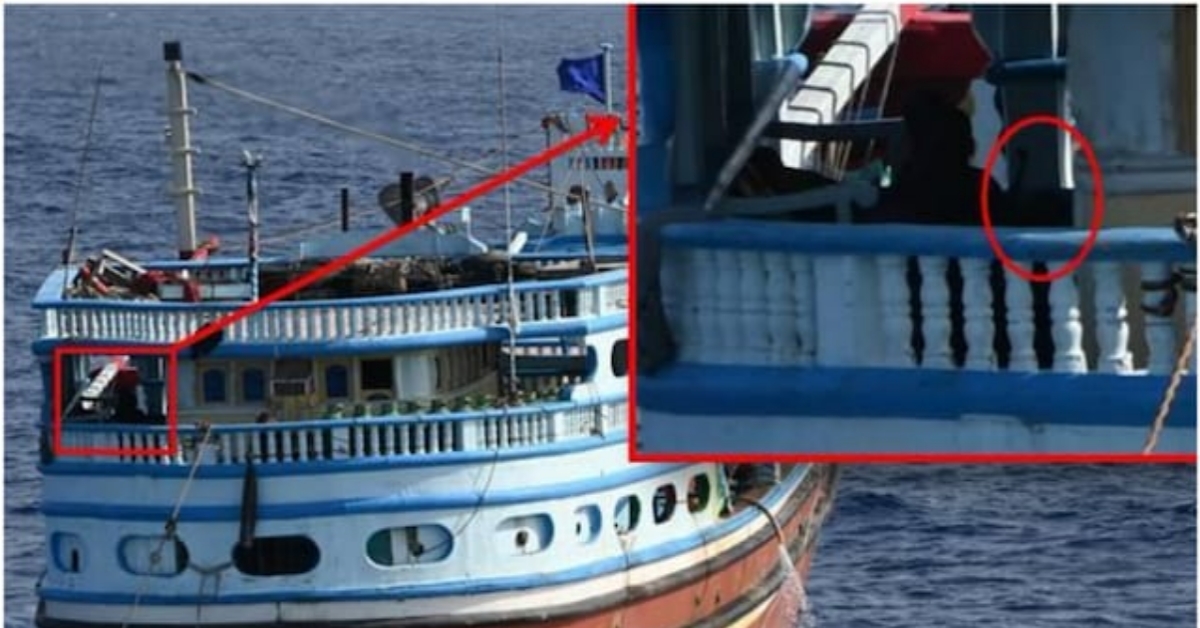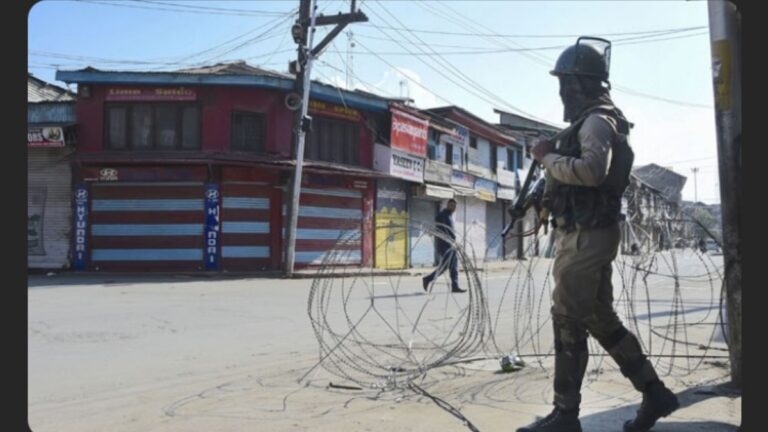In a heartening display of international cooperation and maritime valor, the Indian Navy recently carried out a remarkable rescue operation in the Arabian Sea. The mission, spanning over 12 hours, resulted in the liberation of 23 Pakistani fishermen from the clutches of Somali pirates. The successful operation not only underscores the Indian Navy’s operational prowess but also highlights the spirit of solidarity and humanity transcending borders.
The saga began to unfold in the early hours of March 29 when the Indian Navy received distress signals from a hijacked vessel, the FV Al-Kambar. Responding promptly, the Indian Navy dispatched the INS Sumedha, swiftly followed by the missile frigate INS Trishul, to intercept the hijacked vessel and neutralize the pirate threat.
What followed was a meticulously executed operation, characterized by intense tactical maneuvers and strategic planning. The Indian Navy adhered to standard operating procedures (SOPs) while employing coercive measures to compel the pirates to surrender. Despite facing considerable risks and challenges, the naval personnel remained resolute in their mission to ensure the safe rescue of the fishermen.
The successful culmination of the operation marked a triumph of collective efforts and unwavering determination. The timely intervention of the Indian Navy not only thwarted the nefarious designs of the pirates but also demonstrated a commitment to upholding maritime security and safeguarding innocent lives.
It is noteworthy that amidst the prevailing tensions and geopolitical complexities, the Indian Navy exhibited a commendable sense of responsibility and compassion. The rescue of the Pakistani fishermen transcended political boundaries and exemplified the universal values of empathy and solidarity.
The ordeal faced by the rescued fishermen serves as a stark reminder of the perils lurking in the vast expanse of the Arabian Sea. Somali pirates, notorious for their acts of piracy and maritime terrorism, pose a significant threat to the safety and security of seafarers and vessels navigating these waters. The Indian Navy’s proactive stance in combating piracy underscores the importance of collaborative efforts in ensuring the safety of maritime trade routes and maritime activities.
Beyond the strategic implications, the successful rescue operation resonates deeply on a humanitarian level. The 23 Pakistani fishermen, now safe from harm’s way, owe their freedom to the timely intervention of the Indian Navy. The incident serves as a poignant reminder of the shared vulnerability of seafaring communities and the imperative of collective action in addressing common challenges.
Moreover, the rescue operation underscores the potential for bilateral cooperation and goodwill between India and Pakistan, despite the historical animosities. In times of crisis, humanity knows no borders, and the Indian Navy’s act of compassion transcends political differences, fostering hope for greater regional stability and understanding.
As the rescued fishermen reunite with their families and loved ones, the echoes of their harrowing ordeal serve as a solemn reminder of the dangers confronting seafarers in the volatile waters of the Arabian Sea. Yet, amidst the turmoil, there shines a beacon of hope—a testament to the indomitable spirit of humanity and the noble ideals upheld by the guardians of the sea.
In conclusion, the Indian Navy’s heroic rescue of 23 Pakistani fishermen from Somali pirates stands as a poignant symbol of courage, compassion, and cooperation. In a world fraught with uncertainty and strife, such acts of valor reaffirm our faith in the inherent goodness of humanity and the power of unity in the face of adversity.
#Indian Navy
#Rescue operation
#Arabian Sea
#Somali pirates
#Maritime security
#International cooperation
#Humanitarianism
#Pakistan
#Fishermen
#Solidarity



















